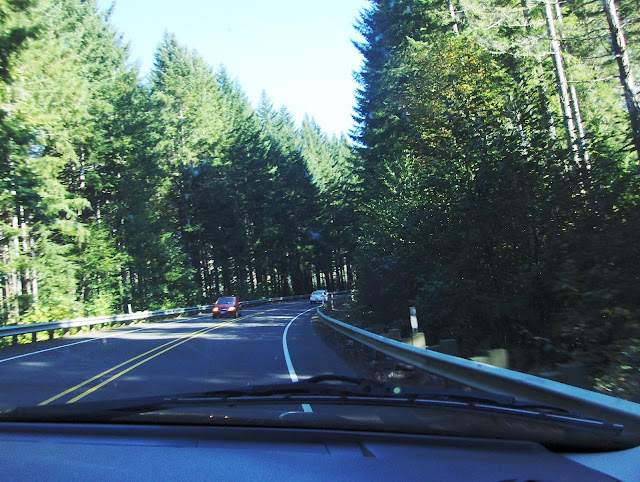These are the dreams of ordinary gardeners
those who have seed beds of all sizes
a watering can at arm's length
a reservoir of hope
tucked in every corner.
Only a few of these seedlings will survive transplant, fewer even will survive hungry bugs or chirpy birds.
So, why do we garden this way?
We feel blessed in all this hoping.
We feel lucky when we try new seeds, and eat new plants.
If we don't do this, we can't blame the supermarket for stocking the same tomatoes, the same greens, the same "expensive" herbs.
Back in 1980, my mother who lived in Italy, visited me for a year in California, as we waited for my baby Brian to be born. Noticing that my garden lacked her favorite home-grown greens, she promptly sent a request for arugula seeds, tomatoes and cipolline to our relatives in Italy.
Back then, nobody served arugula or cipolline. The tomatoes were all watery!
In just a few weeks, we were eating anew!
From that day on, I swore I'd maintain a kitchen garden of my favorites no matter where I lived:
fava beans, artichokes, cipolline, arugula, basil, tomatoes, cicorie and anise.
I've added berries, apples and pears, and dill for my Northwest dishes.
Yesterday, I dug out potatoes I had forgotten in the ground!
In their spot, I laid roots of berry canes.
This morning, my soles are hurting from all that digging.
What favorites plants do you cultivate?












